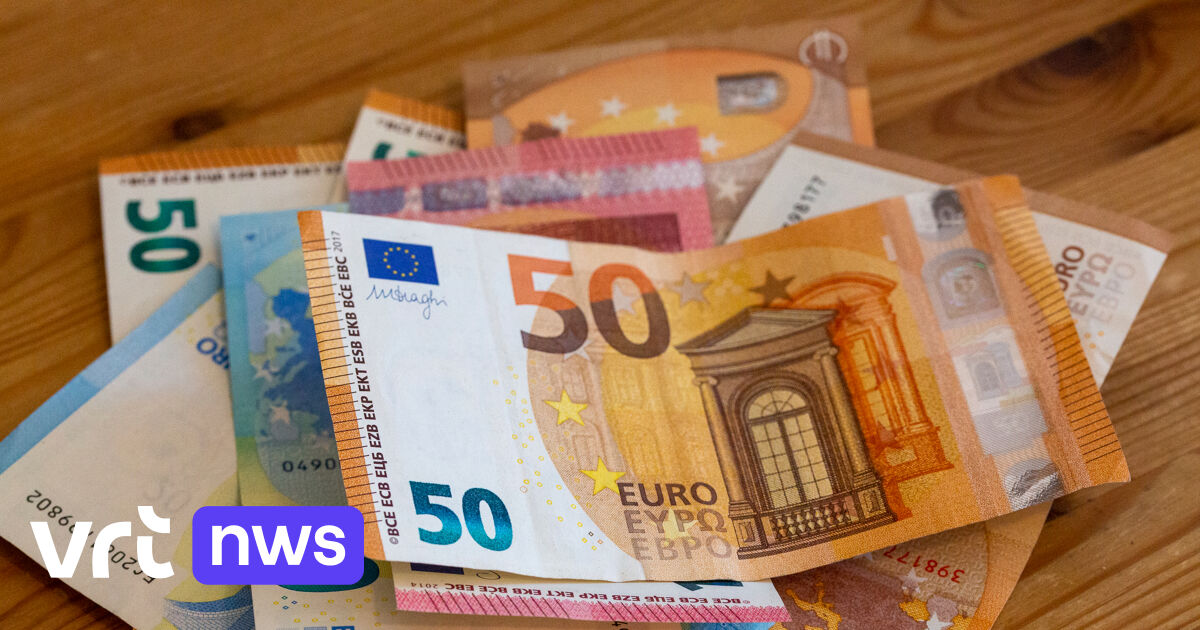With 70 million songs available, the Spotify streaming service has become the ultimate choice for many music lovers. With a little imagination, the roots of this Swedish success story could be located in Leipzig 140 years ago. Because back then, in 1882, the piano maker Paul Ehrlich invented the Ariston. Perforated cardboard discs could be placed on this mini barrel organ and played with cranks.
This invention was so groundbreaking because for the first time it was possible to acquire an extensive musical repertoire without having to play an instrument yourself. In doing so, Paul Ehrlich even founded a new branch of industry that held its ground on the world market for over 50 years: the mass production of jukeboxes with easily exchangeable perforated discs.
An important inventor from Leipzig who is almost forgotten today
A symposium will be held at Schloss Benkhausen on Friday, May 27 in honor of this almost forgotten inventor. The event is entitled “Paul Ehrlich and the beginnings of the Leipzig music works industry”, is organized by the German Automata Museum and takes place at Benkhausen Palace. The focus is on the book presentation by private lecturer Dr. Birgit Heise, musicologist at the University of Leipzig, who has scientifically examined the work of Paul Ehrlich and summarized the findings of the symposium “Gestanzte Musik” in Leipzig in 2019 in a special publication.
“We are very happy that we can invite you to such a top-class event and look forward to many highly interesting lectures, which can also be attended individually depending on personal interest,” explains Sascha Wömpener, head of the German Automatenmuseum. In the extensive collection, visitors can also marvel at an Ariston with which Paul Ehrlich revolutionized the music world at the time. Another connection is of a family nature: Karin Gauselmann, wife of company founder Paul Gauselmann and active supporter of the local cultural scene, is the great-granddaughter of Paul Ehrlich.
Symposium culminates in panel discussion “Perforated Plate and Ariston”
The symposium will take a look at the beginnings of Leipzig’s musical works industry and honor Paul Ehrlich’s special achievements. It starts with arrival on Thursday, May 26th, and a joint dinner at Krug zum Grüne Kranze in Tonneheide. On Friday there are several lectures on the program: Ralf Smolne (Chairman of the Society for Self-Playing Musical Instruments eV) will start with the topic “Ehrlich’s most important invention and his clinging to it for too long”. Afterwards, Pastor Richard Englert will present “Ariston’s Repertoire” and Prof. Dr. Wilfried Glöckner illuminate the “digitization of Ariston plates”. At 12 noon there will be a panel discussion on the topic “Perforated Plate and Ariston”.
After lunch and a coffee break, things continue from 4 p.m.: while Achim Quaas, also Paul Ehrlich’s great-grandson, addresses the political conditions of the time, Sascha Wömpener addresses Ehrlich’s family and presents the results of his archival research. At 5 p.m. there will be a panel discussion with Paul Ehrlich’s descendants, in which Karin Gauselmann, Achim Quaas and Monika Hirsch will also take part.
Invitation to everyone interested in the topic
At 6 p.m., private lecturer Dr. Birgit Heise will present her conference proceedings on Paul Ehrlich. This was created in cooperation with the German Automata Museum, the Friends of the Musical Instrument Museum at the University of Leipzig and the Society for Self-Playing Instruments and summarizes the findings of his remarkable work. After all, just ten years after its invention, around 350,000 Aristons and around six million perforated discs had already been sold worldwide.
Further information on the symposium can be obtained from Heike Bohbrink by phone at (05743) 93182-23 or by e-mail at hbohbrink(at)deutsches-automatenmuseum.de. Registrations, which can apply either to the entire symposium or to individual program items, will also be accepted there. Admission is free, but you will have to pay for your own meals.
–


